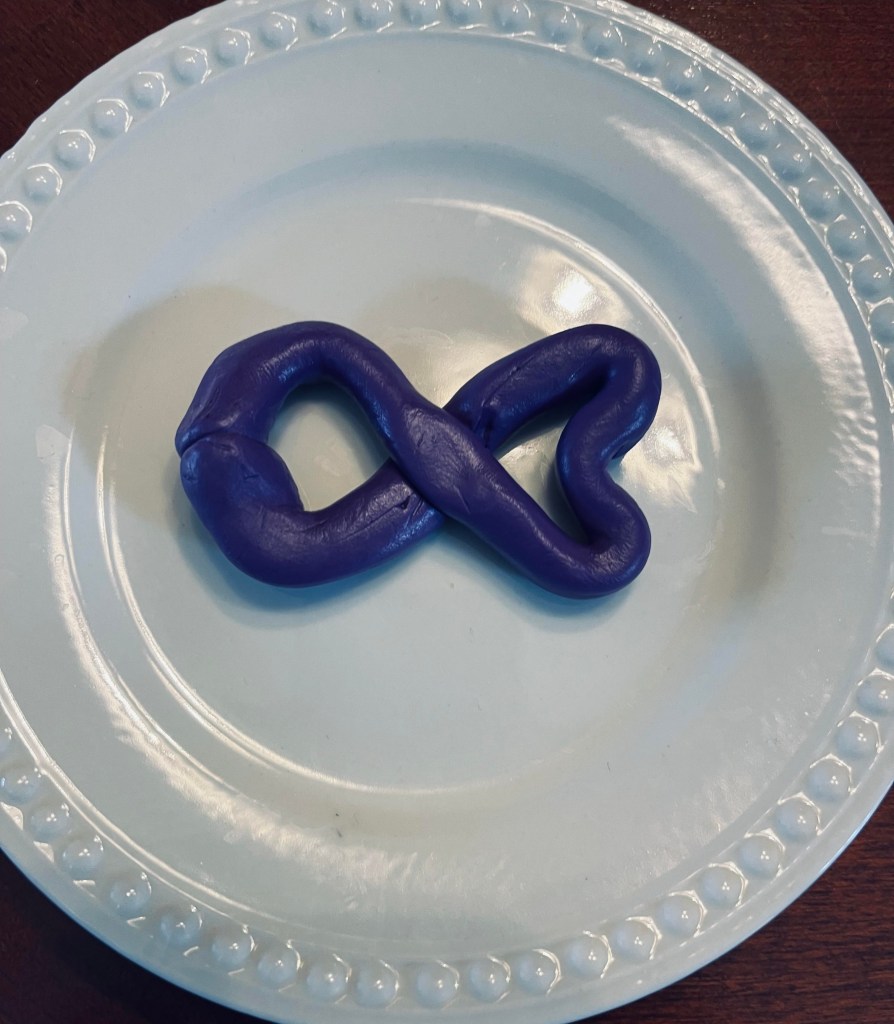“My soul magnifies the Lord, and my spirit rejoices in God my Savior,
for he has looked with favor on the lowly state of his servant.
Surely from now on all generations will call me blessed,
for the Mighty One has done great things for me, and holy is his name;
indeed, his mercy is for those who fear him from generation to generation.
He has shown strength with his arm; he has scattered the proud in the imagination of their hearts.
He has brought down the powerful from their throne and lifted up the lowly;
he has filled the hungry with good things and sent the rich away empty.” (Luke 1:46-53)
Those famous words we call The Magnificat are some of the most profound and radical part of the Christmas story. They are often ignored because of the discomfort they cause for us privileged people if we take them seriously. They are uttered by a poor pregnant peasant girl as she begins to grasp the power and mystery surrounding the birth of the baby in her womb.
Her words, of course, are a total rejection of the blasphemous Prosperity Gospel and Christian Nationalism so prevalent in our culture today. Mary’s words remind me of the disconnect between the Christmas Gospel and American materialism, namely the class divide between the working class and the investor class. That division exists because of some missing links in the American Dream success story. Not everyone has the same resources or knowledge about how to play the capitalistic financial game.
I grew up in a one-income blue collar family. I didn’t understand it as a child, but in hindsight I realize we lived pay check to pay check. When my dad lost his job because a union buster bought the newspaper he worked for my parents had to sell our home and move into a rental property.
There was no extra income in families like mine to be risked in playing the market. We had Christmas Club accounts at the bank to save up a little for next year’s Christmas. Families like mine had no need to learn how to invest because there was no money to do that with.
My other insight about our capitalistic system as I ponder Mary’s words is that the very people who still today can’t afford to invest are the ones working for low wages and poor benefits so the Fortune 500’s can make big profits and pay good returns to their stockholders.
Those same companies don’t promote fiscal education but feed the frenzy of consumerism. So those low wage earners run up 20% interest credit card bills and mortgages they can’t afford which keep them in perpetual debt and unable to benefit from the advantages of the unearned income of the investor class, of which I am now a part because that’s where my pension funds were directed. That income is, of course, earned – just not by the investors, but by the hard-working, pay-check-to-pay-check labor force.
It’s a vicious cycle older than Scrooge and Bob Cratchit, and young expectant Mary is the Holy Trinity of Christmas ghosts past, present, and future continuing to proclaim the true values of the Kingdom Jesus came to bring.






